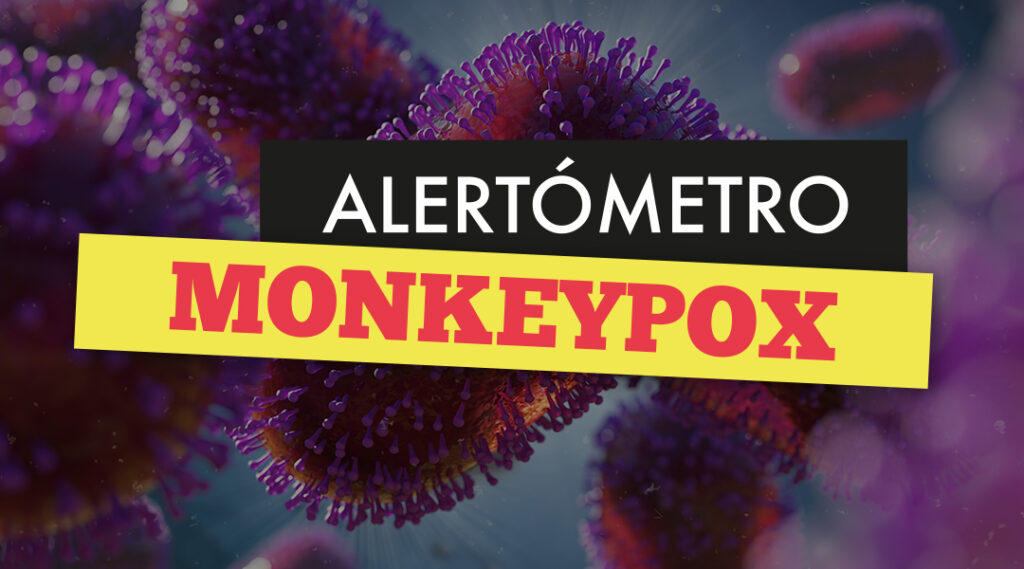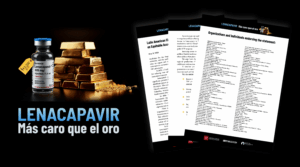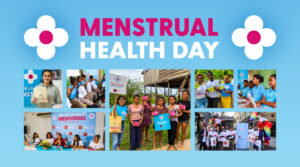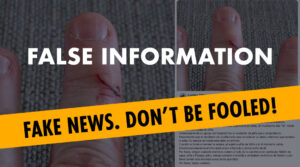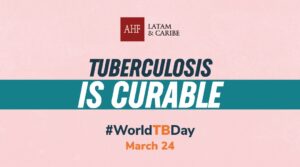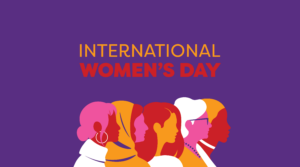Knowing the probability of transmission of the Monkeypox virus helps us to take care of our practices to stay healthy without stigmatizing people because of their identity. Find out what the riskiest practices are.
Monkeypox is a disease caused by the Monkeypox virus belonging to the pox family from which the disease is derived. The Monkeypox virus was discovered in 1958 and it was not until 1972 that the first case in a human being was diagnosed.
Prior to the 2022 epidemic outbreak, Monkeypox was considered an endemic disease in countries in Central and West Africa, such as Cameroon, Congo, Ivory Coast, Gabon, Liberia, Nigeria, Central African Republic, Democratic Republic of Congo, and Sierra Leone. Previously, almost all cases reported outside these countries were linked to importation of the infection from endemic countries.
Monkeypox is an infection that has been shown to spread from person to person through direct contact with skin lesions (for example, face-to-face, skin-to-skin, mouth-to-mouth, mouth-to-skin), skin, or other mucous membranes that may have inadvertent infectious lesions.
Other transmission mechanisms are respiratory droplets and contact with contaminated materials and surfaces such as personal hygiene items, bedding, clothing, eating utensils, cigarettes/vapes, and in general any surface or object that has been handled by a person with active infection.
The main symptoms described are:
- Cutaneous rash of vesicles with pus (eruptions on the skin or mucous membranes)
- These rashes are not necessarily itchy at first; they can be painful
- Fever
- Lethargy
- Myalgia
- Headache
- Lymphadenopathy (swollen glands)
A large number of new infections are transmitted during sexual intercourse. People who have sex with multiple partners or with new partners are at higher risk, so it is recommended to monitor the appearance of symptoms regularly and ask sexual partners to do the same.
If there is a significant number of infections in your community, it is important to reduce the number of sexual partners; this considerably limits the possibility of transmission. It is worth mentioning that the condom/domestic does not prevent the transmission of the Monkeypox virus, but it does reduce the risk of this transmission occurring through semen.
Similarly, direct contact with people with a confirmed or suspected diagnosis should be limited, and environments that could be contaminated with the virus should be regularly cleaned and disinfected.
Monkeypox cannot be self-diagnosed, it is necessary to go to a health professional so that he can carry out a complete approach in addition to the health provider performing a specific test to confirm the presence of the infection. When obtaining a confirmatory result of Monkeypox, it is necessary to isolate between three and four weeks, due to the pain some cases require hospitalization although it tends to be a self-limited disease.
So far, the evidence proposes some recommendations for management at home:
- Isolation and quarantine
- Avoid physical contact with other people
- Notify all your recently exposed contacts
- Sleep alone
- Use plates, glasses and cutlery separately
- Cover injuries and wear a mask when leaving the room
- If you can use the bathroom exclusively, if it is a common bathroom, it is necessary to disinfect after using it, wear gloves and a mask for that
- Wash towels, sheets and bedding separately
If you suspect that you have acquired the infection, it is important that you go to the doctor to carry out the diagnosis through laboratory tests and a complete clinical evaluation.
* The author Ariel Terrón is a Research Associate at the AHF Institute of Public Health at the University of Miami and a Master’s candidate at the London School of Hygiene & Tropical Medicine.
Sources:
https://www.cdc.gov/poxvirus/monkeypox/about.html
https://www.who.int/es/news-room/questions-and-answers/item/monkeypox
https://ahflatamycaribe.org/urge-clasificar-la-viruela-del-mono-como-its/
https://www.who.int/multi-media/details/monkeypox–what-you-need-to-know

